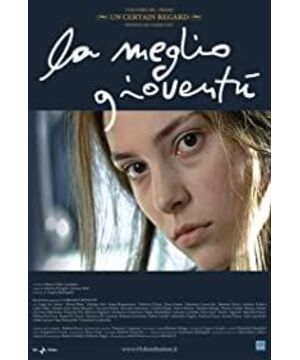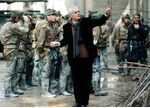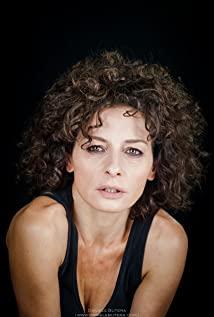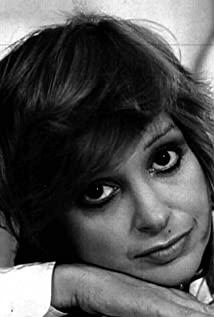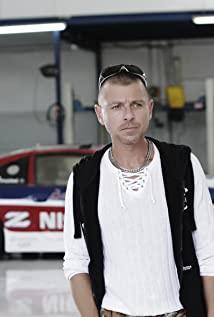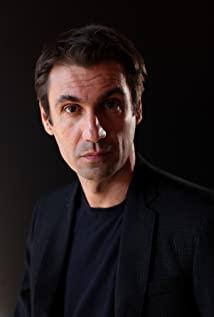People's behavior is based on their own personality or cognition, and is generally not easily changed. After all, there are many good old people in this world, I hope there are more kind good old people. But the pessimism and disappointment of mankind is not missing even in the hearts of good people. This film just interprets this extreme with a living person. Perhaps such a benevolent, good-natured idealist in each of us will kill himself at some point. In the end, it was the character that people like Nikolai played out. And the revolutionary impulse of his wife, did Nicholas not have it? I think this is also a deduction of a character, and its results are legitimate results. In the end, the society accepted people like Nikolai, who lived with the light and sought change gently. This is probably a wake-up call obtained by human beings who have undergone previous lessons. But there are also problems with this kind of moderate reform. If the problem is global, it has become ill, and the number of people who insist on moderate reform is very small and the position of power is small, then the ship will sink and there will be no way to save it. The world still needs people who can turn the tide. Madio's character is like doing great things. He is sympathetic to people, hates evil, and wants to change the society. His character and actions are charming and confusing. In this direction, it is very likely Tyrants are also very likely to produce Yao and Shun. They need to be careful step by step, so as not to make big mistakes, but also need a hero and three gangs (of course not like a raccoon dog, but a sincere exchange of positive and negative information, and not only limited to this). I think I don't like Nikolai's wife. Her behavior is indeed a terrorist act. Using lynching to kill others means killing herself. I don't think people can completely deny their own existence.
View more about The Best of Youth reviews


